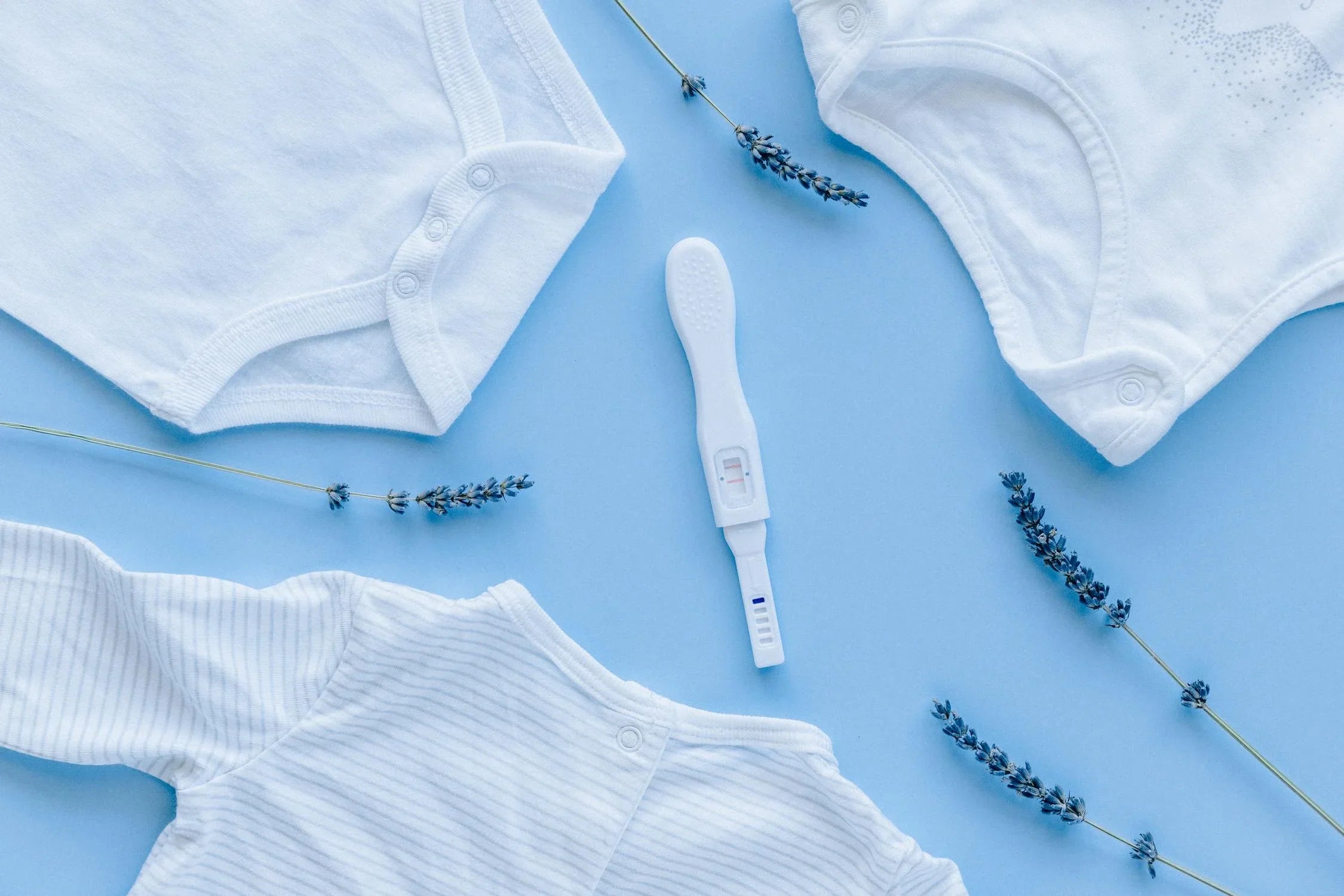Accueil
Pregnancy, Breastfeeding, and Pumping: The Ultimate Guide for Moms
What Happens If You Take a Pregnancy Test Too Early

What Happens If You Take a Pregnancy Test Too Early
Discovering whether you're pregnant can be an emotional rollercoaster. The anticipation, the hope, and the anxiety all culminate in that moment when you take a pregnancy test. But what happens if you take a pregnancy test too early? Could you be setting yourself up for disappointment or confusion? Let's dive into the details to understand the implications of testing before your body is ready to provide accurate results.
Understanding How Pregnancy Tests Work
Pregnancy tests detect the presence of human chorionic gonadotropin (hCG), a hormone produced by the placenta after a fertilized egg attaches to the uterine lining. This hormone is crucial for maintaining pregnancy and is the key marker that home pregnancy tests look for. There are two main types of pregnancy tests: urine tests and blood tests. Home pregnancy tests are typically urine-based, while blood tests are conducted in a medical setting.
The Importance of Timing
Timing is everything when it comes to taking a pregnancy test. The accuracy of the test depends on the levels of hCG in your body. After conception, it takes several days for the fertilized egg to travel to the uterus and implant itself. Once implantation occurs, hCG production begins, but it takes time for the levels to rise high enough to be detected by a pregnancy test.
Most home pregnancy tests claim to detect pregnancy as early as the first day of a missed period. However, this can vary depending on the sensitivity of the test. Some tests are more sensitive and can detect lower levels of hCG, potentially providing accurate results a few days before a missed period. But even with these sensitive tests, taking a pregnancy test too early can result in a false negative.
What Happens If You Test Too Early?
Taking a pregnancy test too early can lead to inaccurate results for several reasons. First, if you test before implantation has occurred, there will be no hCG in your system to detect. Second, even if implantation has occurred, the levels of hCG may still be too low for the test to pick up. This can result in a false negative, where the test indicates you're not pregnant when you actually are.
False negatives are more common than false positives when testing early. A false positive, where the test indicates you're pregnant when you're not, is less likely but can occur due to certain medical conditions or medications that affect hCG levels.
Factors That Affect Test Accuracy
Several factors can influence the accuracy of a pregnancy test, especially if taken early. These include:
- Test Sensitivity: Different tests have different levels of sensitivity to hCG. More sensitive tests can detect lower levels of the hormone, but even these can miss early pregnancies if taken too soon.
- Timing of Implantation: Implantation can occur anywhere from 6 to 12 days after ovulation. If implantation happens later, hCG levels will be lower, making it harder to detect pregnancy early.
- Urine Concentration: The concentration of hCG in your urine can vary depending on how diluted it is. Testing with first-morning urine, which is more concentrated, can increase the chances of detecting hCG.
- User Error: Incorrect usage of the test, such as not following the instructions properly, can also lead to inaccurate results.
When Is the Best Time to Take a Pregnancy Test?
The best time to take a pregnancy test is after you've missed your period. This is when hCG levels are typically high enough to be detected by most home pregnancy tests. If you have irregular periods or are unsure when your period is due, it may be best to wait at least two weeks after you suspect you might be pregnant before testing.
If you're eager to test early, consider using a highly sensitive test and testing with first-morning urine. However, be prepared for the possibility of a false negative and consider retesting a few days later if your period still hasn't arrived.
What to Do If You Get a Negative Result
If you take a pregnancy test too early and get a negative result, don't lose hope. It's possible that you tested before hCG levels were detectable. Wait a few days and test again if your period hasn't started. If you continue to get negative results but still suspect you might be pregnant, consider consulting a healthcare professional for a blood test, which can detect lower levels of hCG than a urine test.
Emotional Impact of Early Testing
Taking a pregnancy test too early can be emotionally challenging. The uncertainty and potential for false negatives can lead to anxiety and disappointment. It's important to manage your expectations and understand that early testing may not provide a definitive answer. Surround yourself with supportive friends or family, and consider speaking with a counselor if the emotional toll becomes overwhelming.
Conclusion: Patience Is Key
While the urge to take a pregnancy test as soon as possible is understandable, patience is key to obtaining accurate results. Testing too early can lead to confusion and disappointment, so it's best to wait until the optimal time for testing. Remember, every woman's body is different, and hCG levels can vary widely. If you're unsure or have concerns, don't hesitate to seek guidance from a healthcare professional.
Taking a pregnancy test is a significant moment, and understanding the factors that influence its accuracy can help you navigate this journey with confidence. Whether you're hoping for a positive result or preparing for the next steps, knowledge is your greatest ally. So, take a deep breath, wait for the right time, and trust that your body will reveal its secrets when it's ready.
Partager
